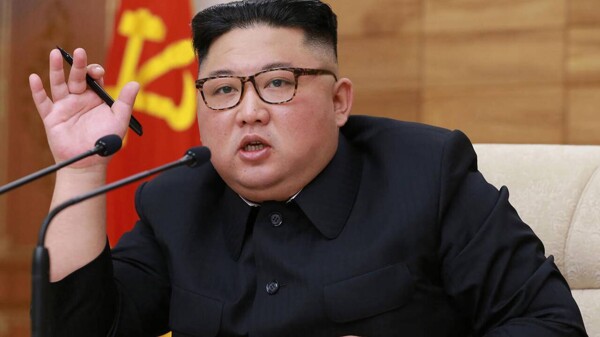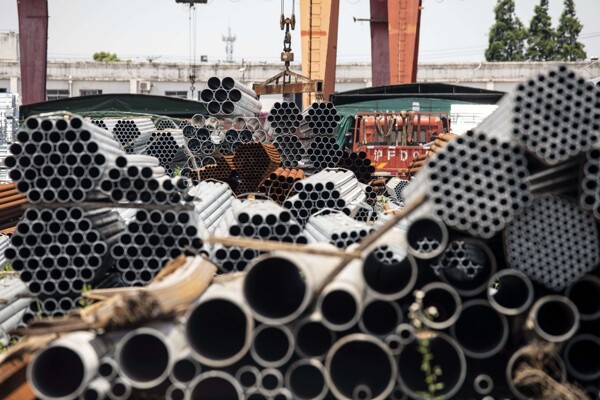The Constitutional Court of South Korea is considering officially removing President Yoon Suk Yeol or restoring him to his position, in addition to the criminal judicial proceedings against him. South Korean media reported that the Central District Prosecutor's Office in Seoul has accused Yoon of rebellion, a claim that has been rejected by the defense of the conservative leader.
During the imposition of martial law on December 3, Yoon described the National Assembly as "a den of criminals" and attempted to eliminate those he considered "followers of North Korea and anti-state forces." Although the military action lasted only six hours, it had a significant impact on the country and its international image. South Korean legislation stipulates that the leader of a rebellion can face life imprisonment or the death penalty.
Yoon's defense team has requested that prosecutors release him immediately and has urged for an investigation into the anti-corruption office. Several high-ranking officials, including the Minister of Defense and the Chief of Police, have been arrested for their participation in the martial law decree. Yoon has presidential immunity against most criminal charges, except in cases of rebellion or treason.
The Constitution of South Korea grants the president the power to declare martial law in times of war or states of emergency; however, many experts believe that Yoon did not have the necessary conditions to do so. The investigations against him have exacerbated internal divisions in the country, leading to protests and violent disturbances from his supporters.
Despite the formal arrest warrant to extend Yoon's detention issued on January 19, the removed president has resisted being interrogated or detained by the authorities. The charge of rebellion could mean a death sentence or life imprisonment if found guilty, which would be a severe blow to the ousted president arrested for his controversial imposition of martial law in December 2024.














